labor/economy
-
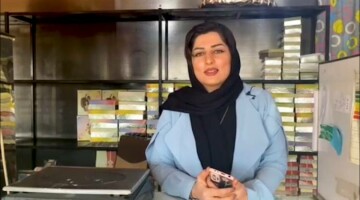
Perisa Altun’s patisserie attracts attention
Perisa Altun, who moved to the Federal Kurdistan Region from Eastern Kurdistan four years ago, opened a patisserie. Her patisserie has attracted attention in a short time. “Women should believe in themselves,” she said.
-
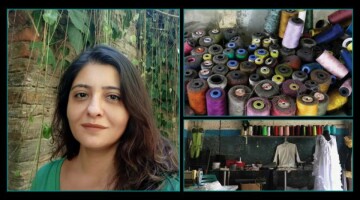
Labor market fuels racism
Inequalities between women and men regarding working conditions, wage levels, work time, work environment, have been deepening in Turkey. In particular, the labor market becomes one of the areas fueled by racism and xenophobia. Women workers are classified according to their ethnic origins and their wages and working hours are determined according to their ethnic origins.
-
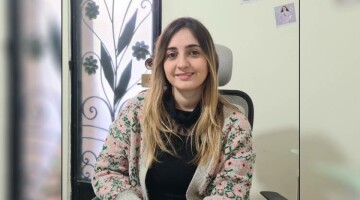
Lebanese Democratic Women's Gathering revises its plans for 2022
Although the Lebanese Democratic Women's Gathering (RDFL) focuses on providing legal, psychological and social support for women victims of violence, they had to revise their plans for 2022 due to the ongoing economic crisis in Lebanon.
-
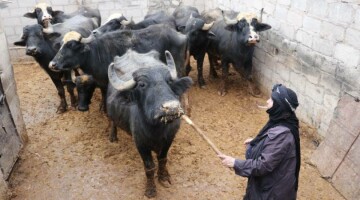
Wetha El Ceduh raises cattle for 40 years
Wetha El Ceduh is a woman, who has worked as a cattle breeder for 40 years to look after her children and family.
-
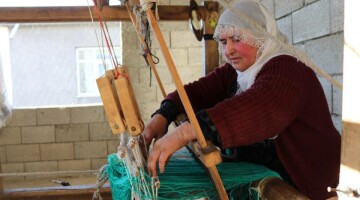
Perinaz weaves life behind her 15-year-old loom
Perinaz Çupan has woven rugs, prayer rugs behind her 15-year-old loom at home. She sells woven products to earn a livelihood. “I forget all problems when I weave rugs behind my loom,” she told us.
-
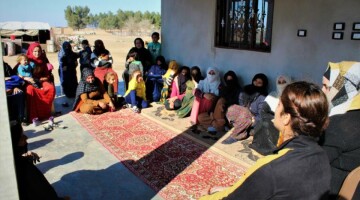
Projects for economic independence in Til Temir
The Economy Committee of NE Syria has developed many projects to empower women’s economy in Til Temir. The members of the committee visit villages to implement their projects. “Our aim is to develop an independent economy,” they say.
-
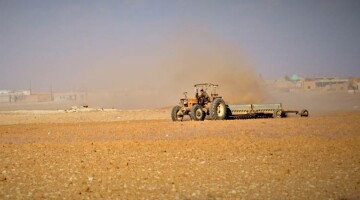
Women to realize wheat, tandoori projects this year
Kongra Star’s Women's Economy Committee continues to develop projects to empower women’s economy. Zehra Mihemed gave information about their works and told us that they will put their wheat and tandoori projects into effect in 2022.
-
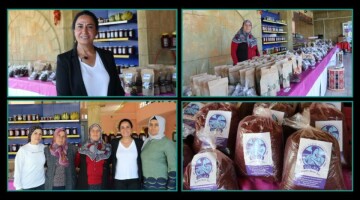
Gölbaşı Women’s Cooperative founded in Sensur
Women have founded Gölbaşı Women’s Cooperative in Sensur province. Emine Köseler, the chair of the cooperative, says they want to encourage women to take part in the production, “Such cooperatives should be founded everywhere in the region.”
-
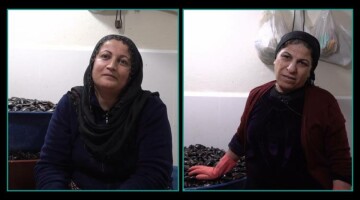
Women making stuffed mussels in Istanbul
Stuffed mussels sold on the streets of Istanbul are made by women, particularly Kurdish women, to earn a living. These women spend 12 hours a day making them. We spoke to Xecê Çivak, who is from Mardin province, and Didar Nahme, who is from the Dirbêsiyê city of Rojava, about their lives in Istanbul and how they earn a living by making stuffed mussels.
-
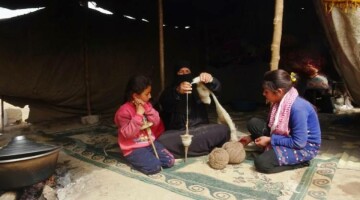
Amsha Al Munif spins wool into yarn using spindle
Spinning wool into yarn is one of the cultures of the nomads. After dyeing yarn, they use them to produce tents, bags, carpets, and rugs. Amsha Al Munif is one of the women preserving this culture in Deir ez-Zor.
-
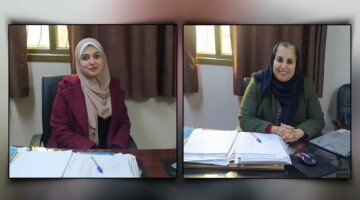
Palestinian Developmental Women Studies Association supports women
Palestinian Developmental Women Studies Association (PDWSA), which was founded 15 years ago in Palestine to support Palestinian women, carried out many projects for women in 2021.
-
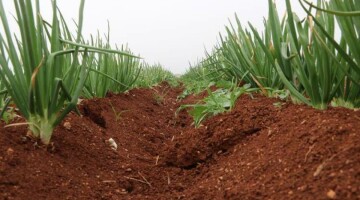
“Drought, embargo and siege affect farmers in NE Syria”
Nisrin Mihemed, the administrator of the Agriculture Committee in the Afrin region, says the ongoing drought, embargo, and siege affect farmers in NE Syria.
-
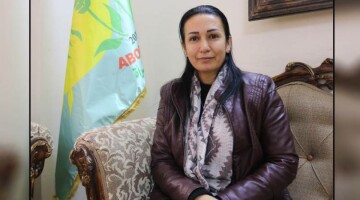
Women strengthen economy
Kongra Star Economy Committee Administrator Armanc Muhamed spoke to our agency about the economic projects led by women after the Revolution in Rojava.
-
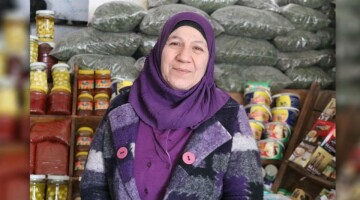
“Women's Will” provides job opportunities for women
A project called “Women’s Will (Vîna Jinan)” carried out in Kobanî provides job opportunities for women, who couldn’t go to school. Kobanî Women's Committee Spokesperson Cemila Faris spoke to NuJINHA about their project.
-

“Women Leaders” work for Lebanese women’s economic empowerment
“When women take part in the economy, they also create spaces for young people”, said Madiha Raslan, the president of the Women Leaders Association founded to empower and encourage women in the economy. She called on women to participate in their conference to be held on January 27, at the Expo 2022 Dubai.
-
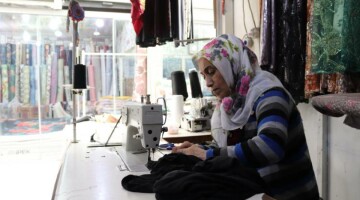
Female shopkeeper in Van facing risk of bankruptcy: I will not forgive those who cause this situation
Feleknaz Karabulak is one of the shopkeepers facing financial difficulties due to the economic crisis in Turkey. “I will not forgive those who cause this situation,” said Feleknaz Karabulak, who tries to resist not taking down the shutters.
-
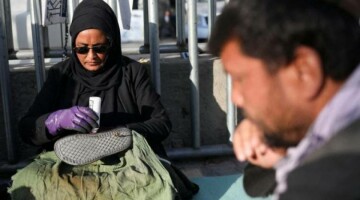
Afghan female teacher shines shoes
Afghan woman Hedieh Ahmadi is actually a teacher but she has shone shoes on the streets of Kabul to make a livelihood because the Taliban don’t allow her to work at school.
-
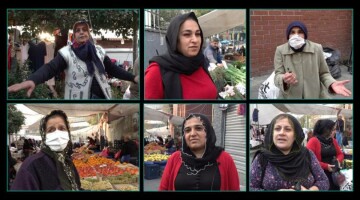
Women have nothing to eat, back from shopping empty-handed
In Turkey, where product prices are changed every hour, women back from shopping empty-handed. “At this age, I take and eat bread I find on the ground,” said one woman while the other said, “Everything goes worse.”
-
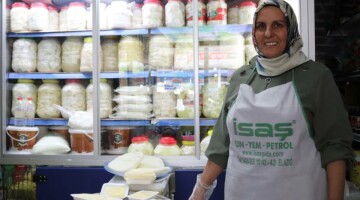
Sevim's famous cheeses sold abroad
Shortly after Sevim Bayatkara started her own business on dairy products in Çewlig (Bingöl), she managed to expand abroad. She has produced homemade cheeses and butter in her shop for years and she now sells them abroad.
-
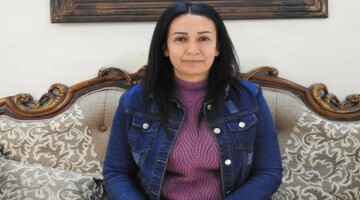
Women in Syria become economically stronger with their projects
The Committee for Women's Economy in Northern and Eastern Syria has launched projects to empower women economically. Armanc Muhemed, the manager of the committee, told us that their aim is to empower women to have their economic freedom.
